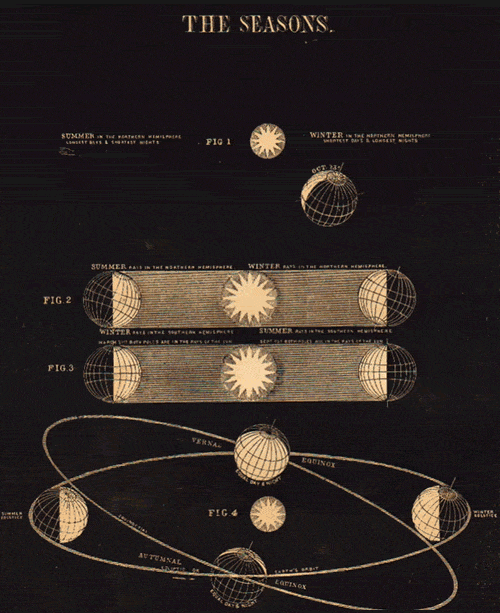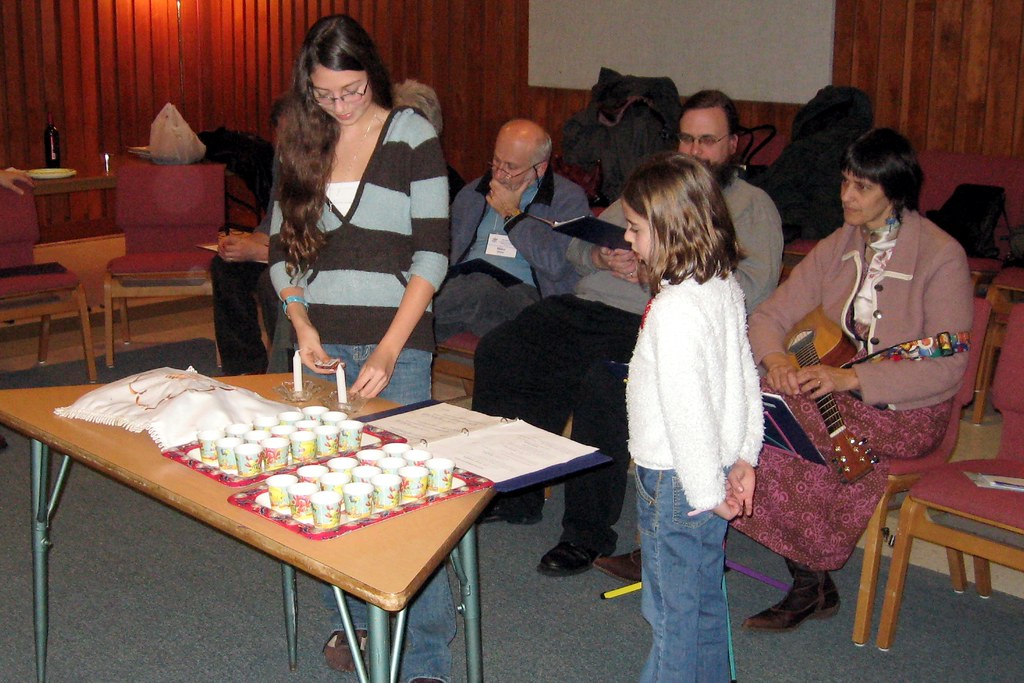Contributor(s): Shared on: 4 September 2022 under the Creative Commons Zero (CC 0) Universal license a Public Domain dedication Categories: Tags: | Contribute a translation | Source (English) |
|---|
|
Our God and God of Our Fathers:
In devotional prayer and joyous song
we again welcome Thy messenger,
the Sabbath Queen,
as she arrives softly and imperceptibly
in the chariot of time. | |
How deeply grateful are Thy children
for the quickening message of the Sabbath.
Into our turbulent prosaic lives
she injects the poetry of rest and calm.
To our bruised spirit
the Sabbath brings a soothing balm.
Her penetrating light and warmth
melt the walls isolating our dark, cold selves,
reigniting the divine spark within us. | |
O Heavenly Father,
help us to realize the need of Thy Sabbath in our lives.
May we entertain our weekly visitor
in respect and devotion.
Attune our ears to Thy inspiration
transmitted through the message of Sabbath,
so that we may learn more of Thy will,
thus drawing ever closer to Thee. | |
Amen. |
“Sabbath Eve (In the Home)” by Rabbi Ely E. Pilchik was first published in Rabbi Morrison David Bial’s anthology, An Offering of Prayer (1962), p. 28, from where this prayer was transcribed. As published there, Pilchik uses the pronoun “it” to refer to the Sabbath Queen, and I have replaced such instances in the prayer with feminine pronouns. –Aharon Varady Source(s)
 Rabbi Ely Emanuel Pilchik (1913-2003) was an American Jewish Reform rabbi, Born in Baranowiz, Poland, he emigrated in 1920 to the United States. After graduating from the University of Cincinnati in 1935, he was ordained by HUC in 1939 and soon joined the faculty of the University of Maryland while serving as assistant rabbi at Har Sinai Temple in Baltimore until 1942. World War II interrupted his appointment as rabbi for Temple Israel in Tulsa, Oklahoma, when he became a rabbi chaplain for the US Navy. After the war, he became rabbi of temple B'nai Jeshurun on Newark, New Jersey until 1981. Through the 1950s, he served on the Essex County Synagogue Council and the NJ Board of Rabbis, the Association of Reform Rabbis of New York, the executive board of CCAR, and as president of the Jewish Book Council of America. He served on the Board of Governors of HUC-JIR, and from 1977-1979, as president of CCAR. A scholar, he authored a number of books including Hillel (1951), Maimonides' Creed (1952), and Duties of the Heart (1953). Aharon Varady (M.A.J.Ed./JTSA Davidson) is a volunteer transcriber for the Open Siddur Project. If you find any mistakes in his transcriptions, please let him know. Shgiyot mi yavin; Ministarot naqeni שְׁגִיאוֹת מִי־יָבִין; מִנִּסְתָּרוֹת נַקֵּנִי "Who can know all one's flaws? From hidden errors, correct me" (Psalms 19:13). If you'd like to directly support his work, please consider donating via his Patreon account. (Varady also translates prayers and contributes his own original work besides serving as the primary shammes of the Open Siddur Project and its website, opensiddur.org.) Read a comment / Leave a comment (moderated) Works of related interest: |












Leave a Reply